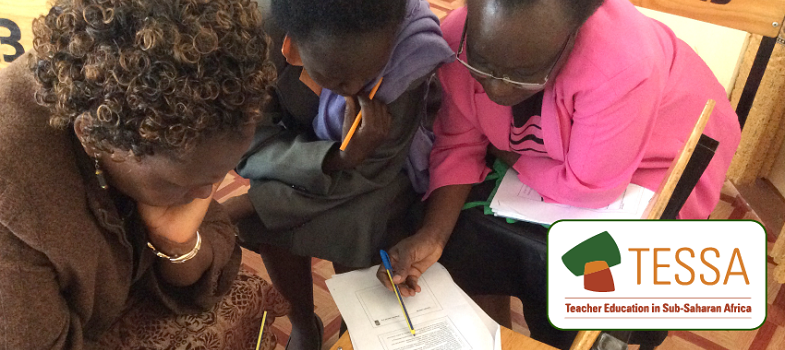Resource 5: Responses to the role play
![]() Background information / subject knowledge for teacher
Background information / subject knowledge for teacher
Read through the story of the community’s response to the role play below, and think about what the main responses were. What are the alternative responses that might have taken place?
Imagine if this had been your community – what do you think would have been the likely responses? How would you handle any situation that arose?
How the community responded to the role play
After Sara’s class had done its role play to the community, there was a big response. The PTA decided to organise a debate on the issue, and invited the class to represent the views of the children.
The next week, Sara led her class to the school assembly hall, the place for the meeting of community leaders and representatives of professional groups from the area. The village chief was chairperson, the welfare officer was the secretary.
Each group presented its position on the problem of child abuse, one after the other.
The schoolchildren said they want child abuse outlawed because it disrupts children’s education and their contribution to the development of the nation.
The head teacher of the school said child abuse had brought a fall in enrolments and therefore his school was not able not play its role as the nursery for producing the future generation of leaders.
The police said that some of the young girls hawking go into sex work and become prostitutes. The boys end up in all sorts of crimes, including pick-pocketing and robbery.
The health officer’s view was that most street workers, including children, do not eat well, and they tend towards drug abuse and glue sniffing, resulting in mental and physical breakdowns.
Parents and petty-traders argued that they use their children to source income for the family, and that without this, they would not survive.
The government’s representative and the community chief noted that the neighbouring village did not have a problem of the kind facing their own community. They wondered why this was so.
The schoolchildren proposed that government should give some financial aid to traders to set up their own stores at home, and to farmers to employ labourers.
The other representatives saw sense in the pupils’ suggestion, which they approved.
The school children went back to class to draw a picture of the community leaders’ meeting, bearing in mind the various groups represented. Pupils wrote down what they learned about how each group related to one another and how relationships might be developed further.
Resource 4: Finding out what pupils already know about relationships



